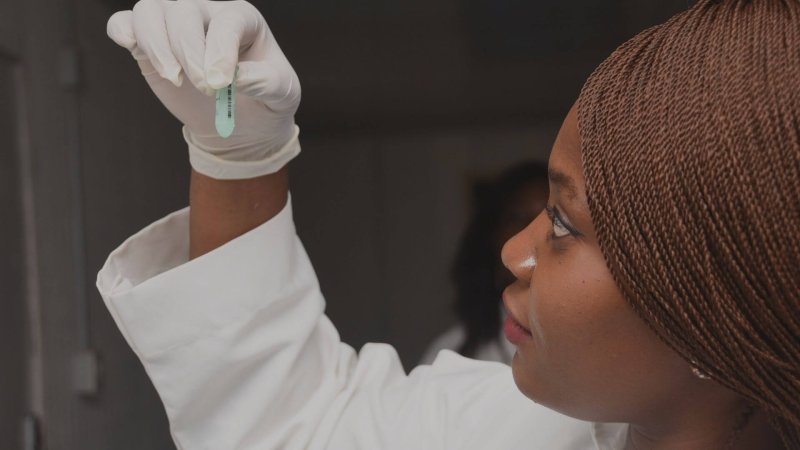The Director General of the National Biosafety Management Agency (NBMA), Dr. Rufus Ebegba, has restated that all approved Genetically Modified Organisms (GMOs) or food crops in Nigeria are safe for human consumption.
Ebegba stated this in Abuja at the Science Hangout organised by Alliance for Science Nigeria in collaboration with NBMA and Open Forum on Agricultural Biotechnology(OFAB), with the theme, “Nigeria’s Biosafety Regime for GMOs.”
He explained that the approved genetically modified foods had been subjected to rigorous process and scrutiny before they were released for use.
According to him, before the official release of GMOs, it would take up to 13 years of rigorous process, to do a risk assessment on the issues of culture, environment, and human health, among others.
He noted that his Agency has approved the commercial release of Bt.cotton and Pod Borer Resistant (PBR) cowpea, [and] also reviewed various applications for confined trials of cassava, maize and rice.
He also revealed that the Agency has developed policies, and guidelines as well as acquired a GMO detector laboratory, which is used to ascertain whether any product is safe or not.
…
He said: “I say this with all authority, biosafety is an economic enabler. The world cannot attain a green economy without the application of safe modern biotechnology.































